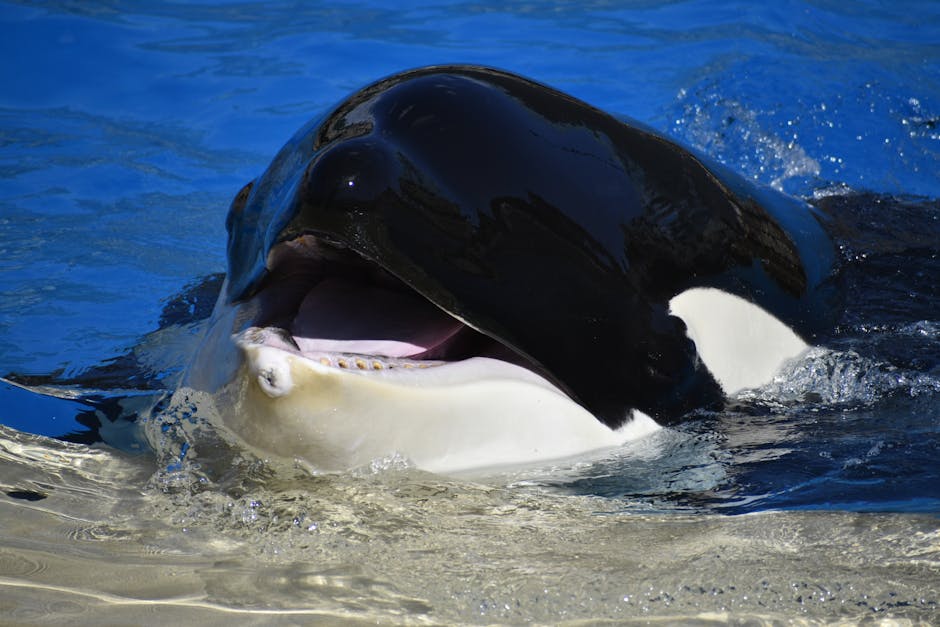A multifaceted interaction exists between baleen whales and the marine environment. These filter feeders, encompassing species like the humpback and blue whale, are crucial components of the pelagic food web. By consuming vast quantities of krill and other zooplankton, they exert a regulatory force on these populations. This controlled consumption prevents unchecked population explosions of these primary consumers, maintaining a delicate balance in the food chain. Consequently, their absence from a particular region can have cascading effects, affecting species further up the food chain, from fish to marine mammals.
The impact of baleen whales extends to nutrient redistribution throughout the marine environment. Their massive migrations, often spanning thousands of kilometres, transport nutrients from the deep ocean to surface waters. As these whales feed and defecate, they release nutrient-rich fecal matter into the upper water column. This process, known as bio-fertilization, enriches the phytoplankton base of the food web. In turn, the increased phytoplankton productivity benefits the entire ecosystem. Studies have shown a direct correlation between whale density and productivity of areas where they forage. This isn’t simply a passive process; their feeding activity actively enhances the primary production within their range.
The ecological role of toothed whales, such as dolphins and orcas, is equally complex and significant. Unlike baleen whales, toothed whales are predators, consuming fish, squid, and other marine animals. Their predation patterns can significantly affect fish populations, regulating their abundance and distribution. This predation pressure can select for traits that improve the survival of certain fish populations, leading to a dynamic evolutionary relationship between predator and prey.
Oceanographic conditions, and in particular upwelling zones, are intricately connected with the success of whale populations. Upwelling brings nutrient-rich deep water to the surface, fostering high levels of productivity and attracting abundant prey. Areas with strong upwelling currents tend to be hotspots of marine biodiversity, supported by the rich food resources these currents provide. This, in turn, creates ideal feeding grounds for whales, showcasing a critical interdependence between oceanographic phenomena and the distribution of whales.
Furthermore, whales play a role in shaping the distribution and abundance of their prey. By choosing specific areas to feed, whales affect the abundance of their preferred food species. This can lead to changes in the species composition of fish communities and a redistribution of energy within the ecosystem. Studies show that the removal of large predators, including whales, can result in overgrowth of lower trophic level organisms and alter the stability of food web dynamics.
Importantly, the role whales play extends beyond their direct effects on prey and nutrient cycles. They are integral parts of the wider oceanographic system. Their large size and distribution contribute to the dispersal of marine organisms. Whales can transport planktonic organisms over vast distances, facilitating gene flow and mixing among populations. This movement also aids in the dispersal of fecal matter, which, as mentioned earlier, can fertilize surface waters and support primary productivity.
The conservation status of whale populations is intrinsically tied to the health of the marine ecosystems they inhabit. Habitat loss, entanglement in fishing gear, and climate change are significant threats impacting whale populations and subsequently impacting the intricate balance of the marine food web. The decline in whale populations can have dramatic consequences. A decrease in predator pressure can result in overgrazing of krill or other zooplankton, disrupting the delicate balance of the ecosystem.
Understanding the significant roles of whales goes beyond their presence as majestic creatures; it reveals their critical contributions to the overall health and productivity of marine ecosystems. Their complex interactions with the ocean’s various components highlight their pivotal position within the oceanic food web, influencing nutrient cycles, prey dynamics, and the overall health of the oceans. Preserving whale populations is therefore not only a matter of ethical concern but a critical step toward safeguarding the integrity and productivity of the entire marine ecosystem.
